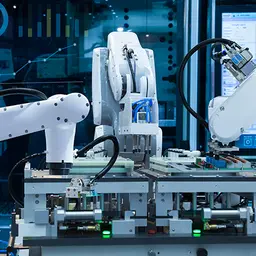
Laboratory Automation
Innovations in pharmaceutical Laboratory Automation Including Smart Workstations, Robotic Systems, Digitalising Laboratories, Automated Storage and Retrieval Systems
Articles

Ensuring a manufacturing environment stays clear of bacteria and fungi is of utmost importance, especially when it comes to pharmaceuticals. How can this highly specialised monitoring be achieved in a fast, cost-effective manner?

A connected laboratory, where systems and devices communicate seamlessly, is the foundation to unlock AI’s full capabilities
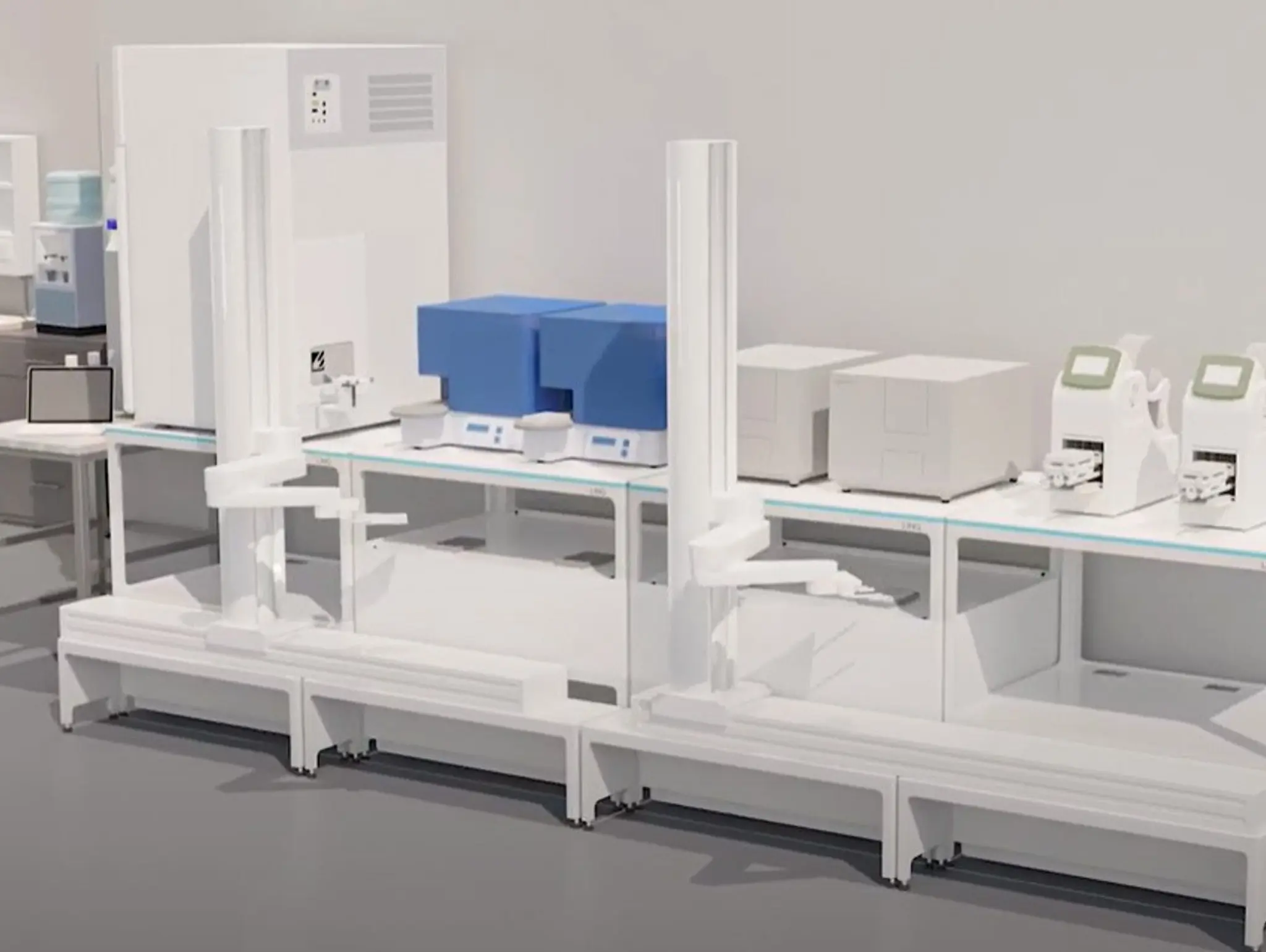
With the lab of the future becoming increasingly automated, how will this change workflows and how can the industry prepare for this?

The pharmaceutical sector is characterised by intricate processes, stringent regulations and a constant demand for innovation. However, the industry's digital transformation is hindered by the prevalence of legacy machinery, which often poses compatibility challenges when deploying new technology. COPA-DATA explains the method of standardisation to remove the barriers of integration of legacy equipment in labs and production lines
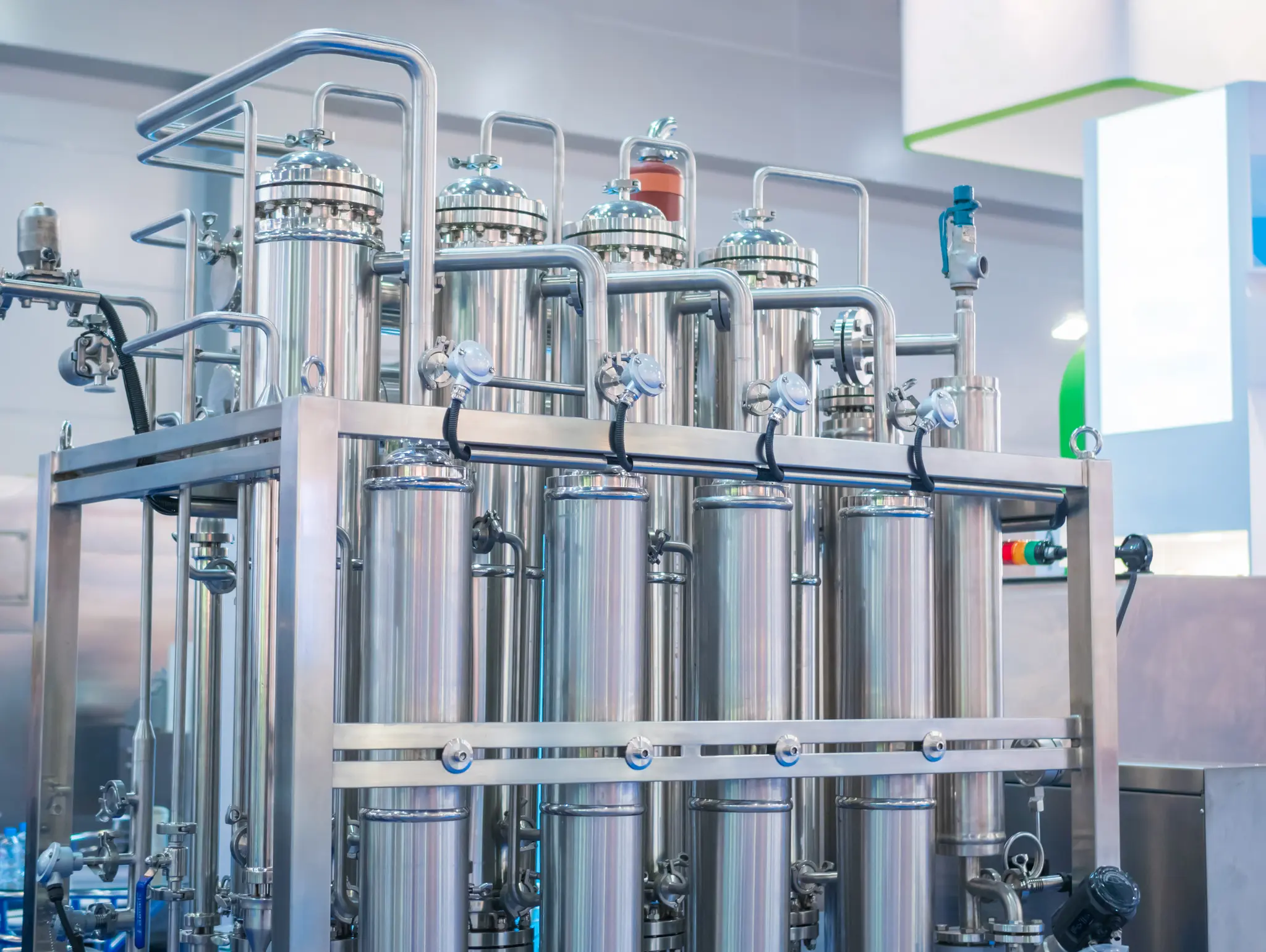
'Increasing economic challenges like market vitality, product diversification and cost pressure lead to the need for faster process design' − and that is not to mention the shorter innovation cycles and increasing demand for small batch production. The module type package suite from COPA-DATA meets these needs

Lab layouts, until the introduction of automation, had seen little change in decades. However, the increased usage of hardware and software lab automation has reduced repetitive manual tasks and drastically increased the walkaway time involved in experiments
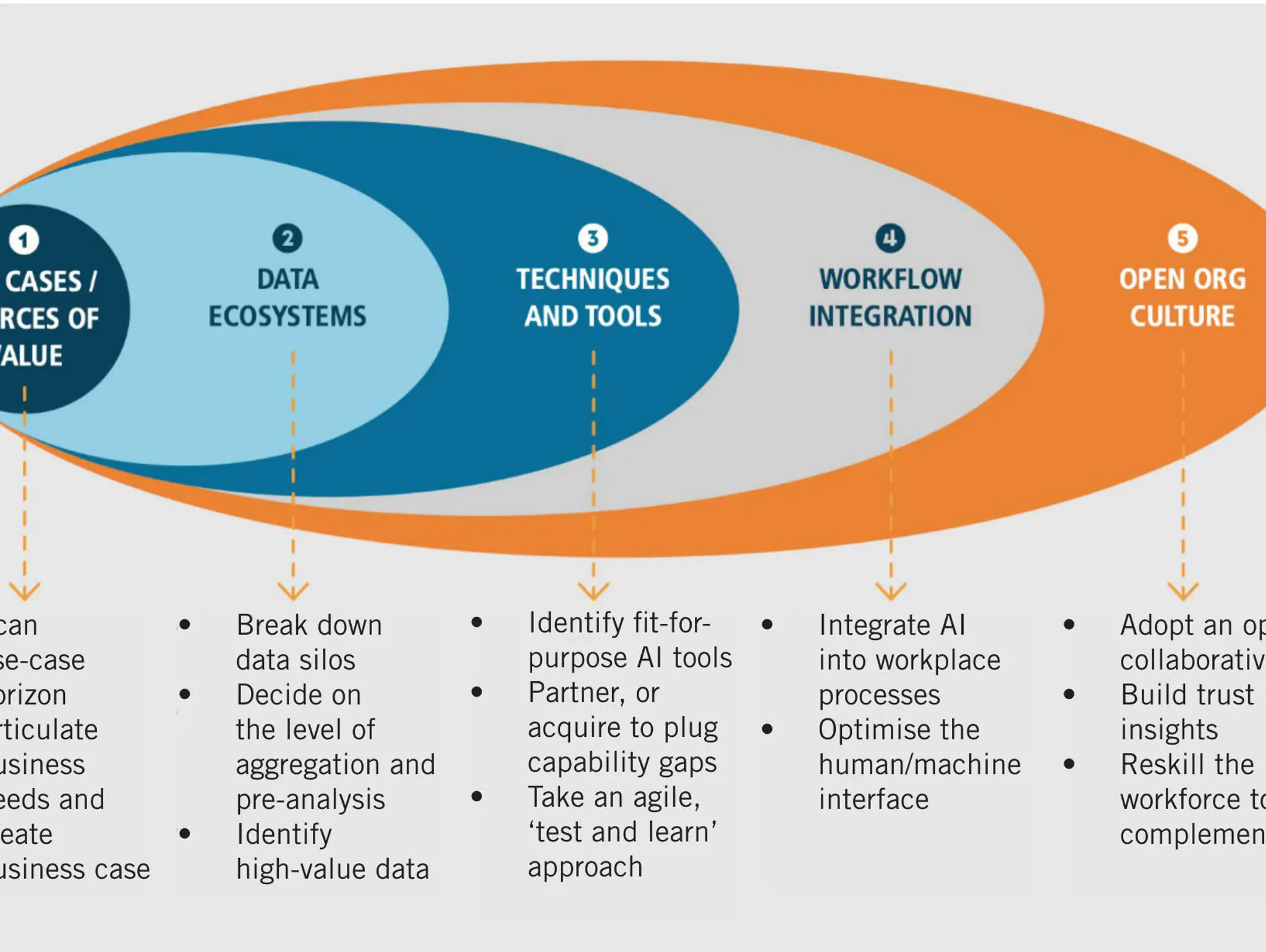
Whether lab managers are enthusiastic or apprehensive, AI is coming to the lab. The key to building this advantage is not in the technology, but the approach. Successful adoption of AI requires a genuine, long-term commitment. IPT spoke to Bob Voelkner at LabVantage Solutions about the implications of AI for pharma, what it takes to succeed with this new technology and his five recommended steps for getting started
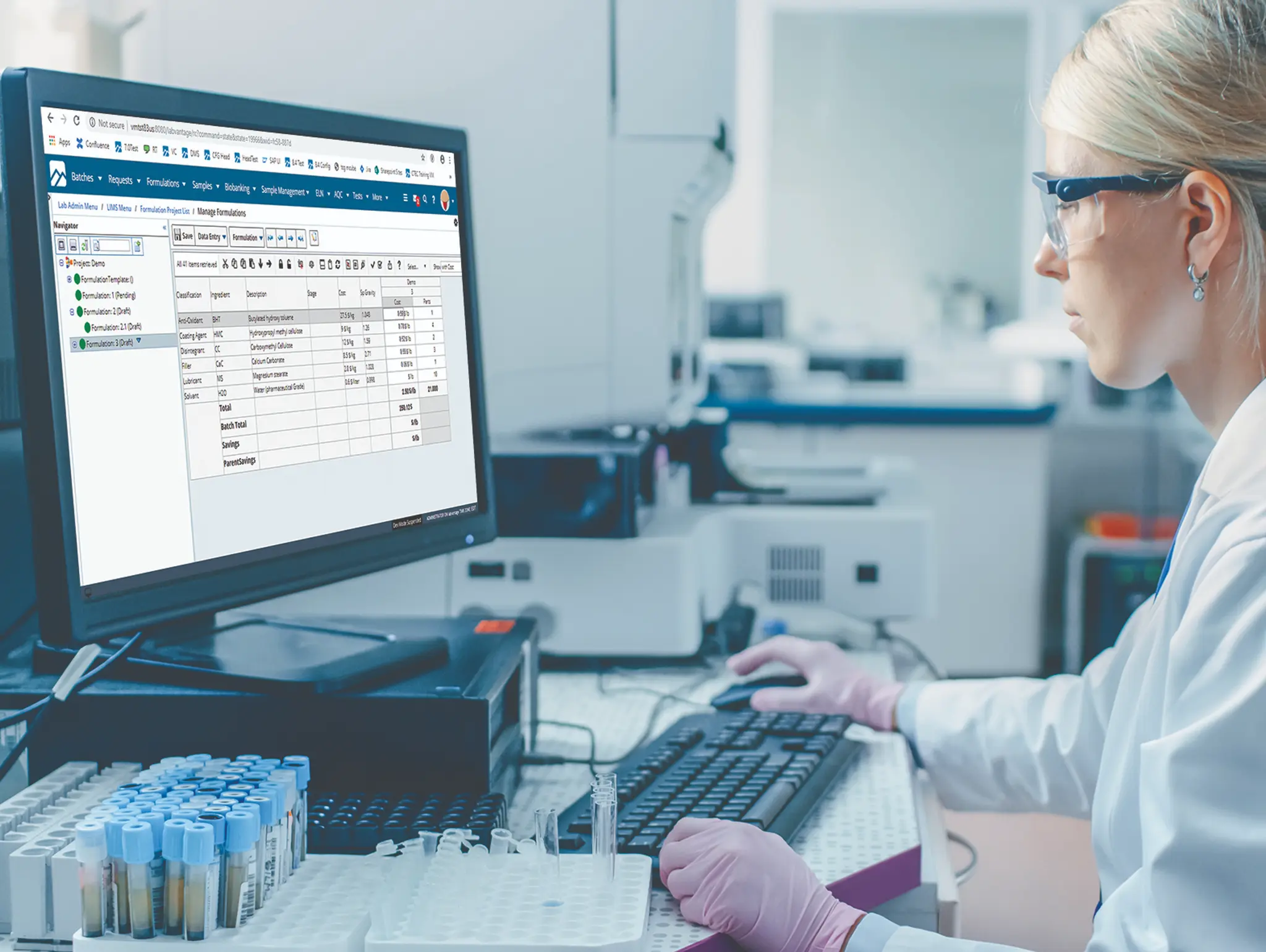
LabVantage Solutions’ Pharmaceutical LIMS is Engine for Digital Transformations
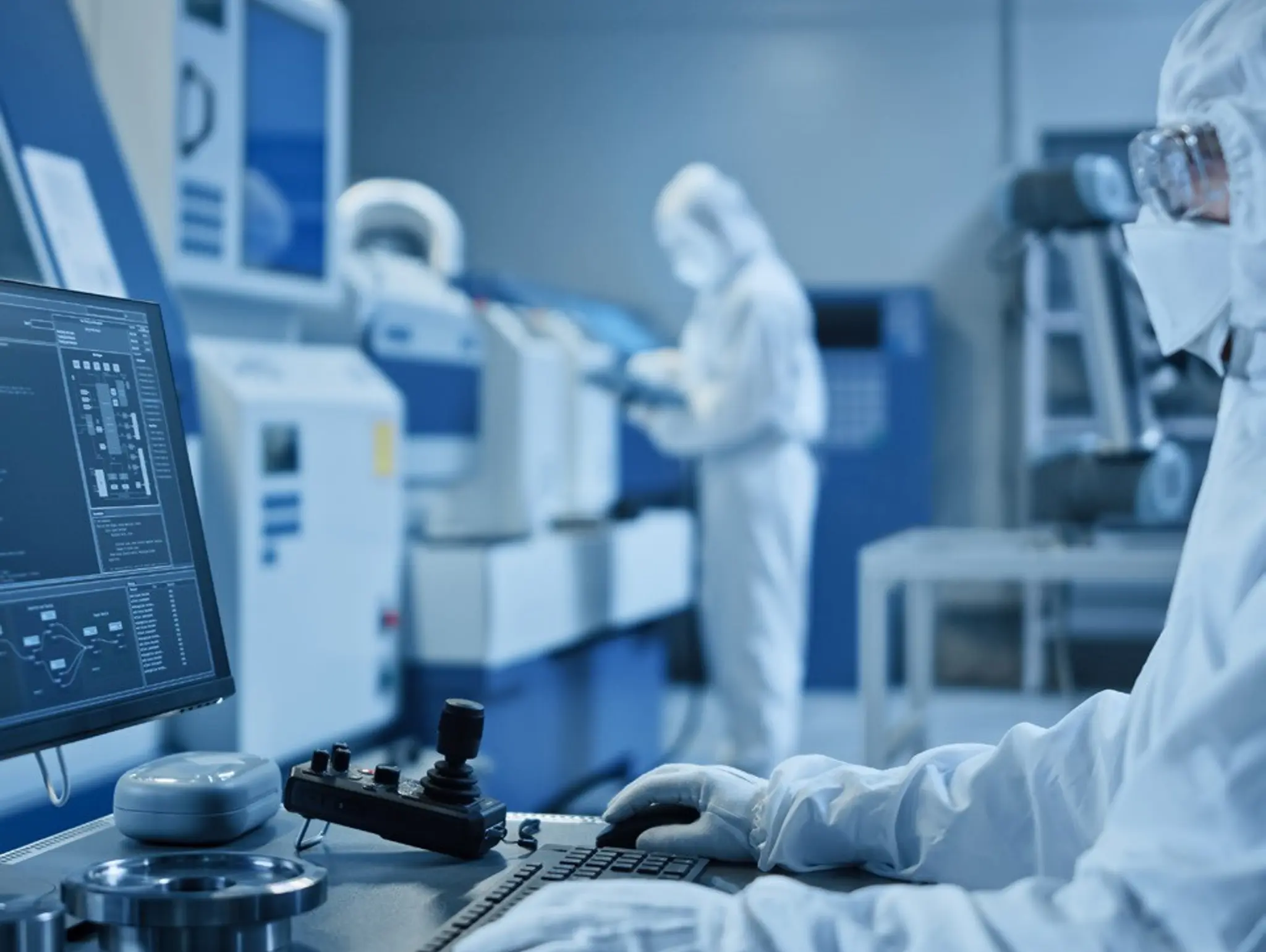
Healthcare and scientific facilities are critical for the health of the global population. During the COVID-19 pandemic, scientific facilities helped to deliver life-saving vaccines, re-emphasising their importance in achieving other scientific milestones in the coming decades
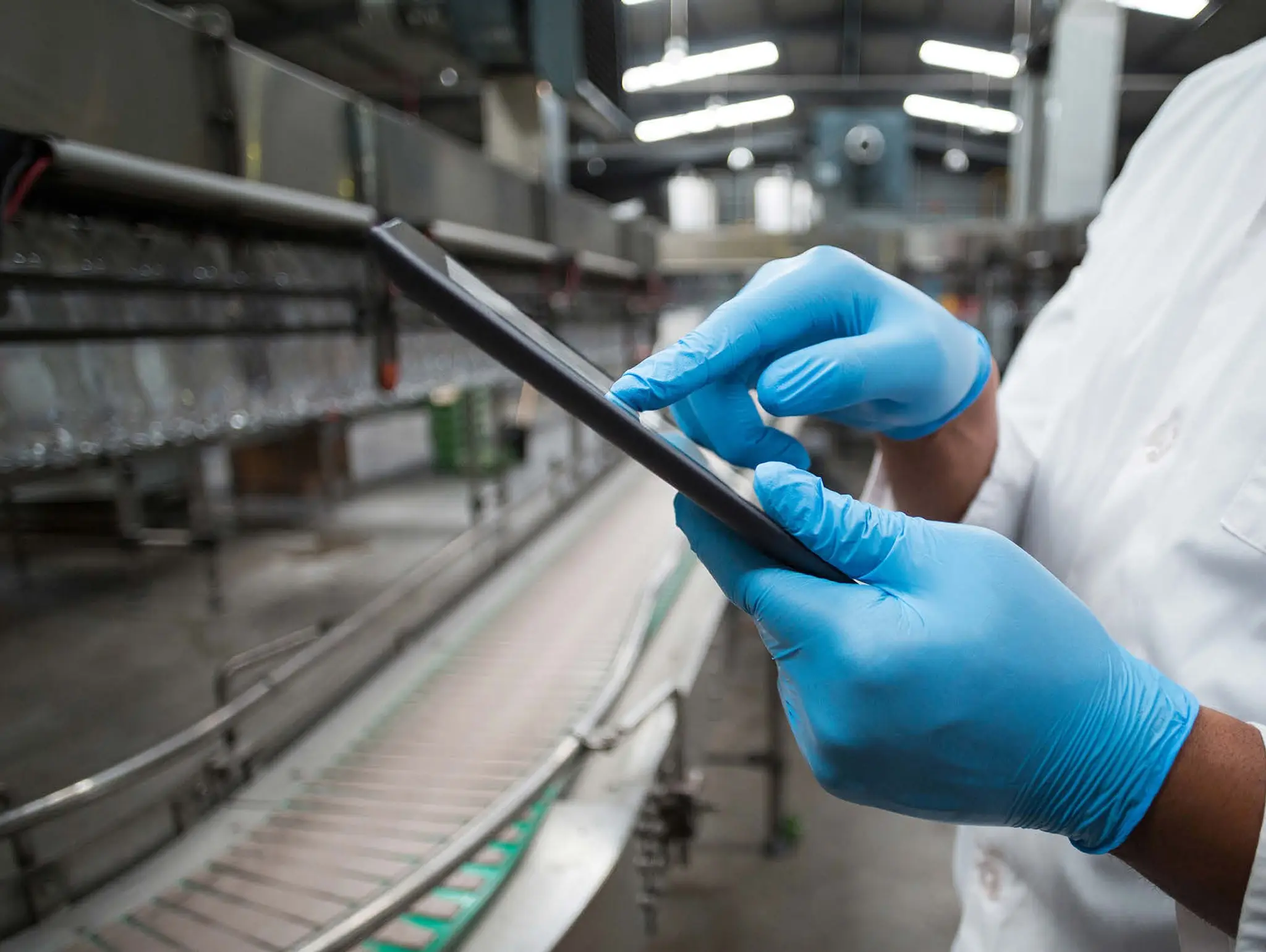
The digitalisation of pharmaceutical manufacturing has come a long way. However, there are still many ways companies can improve systems to grow even further
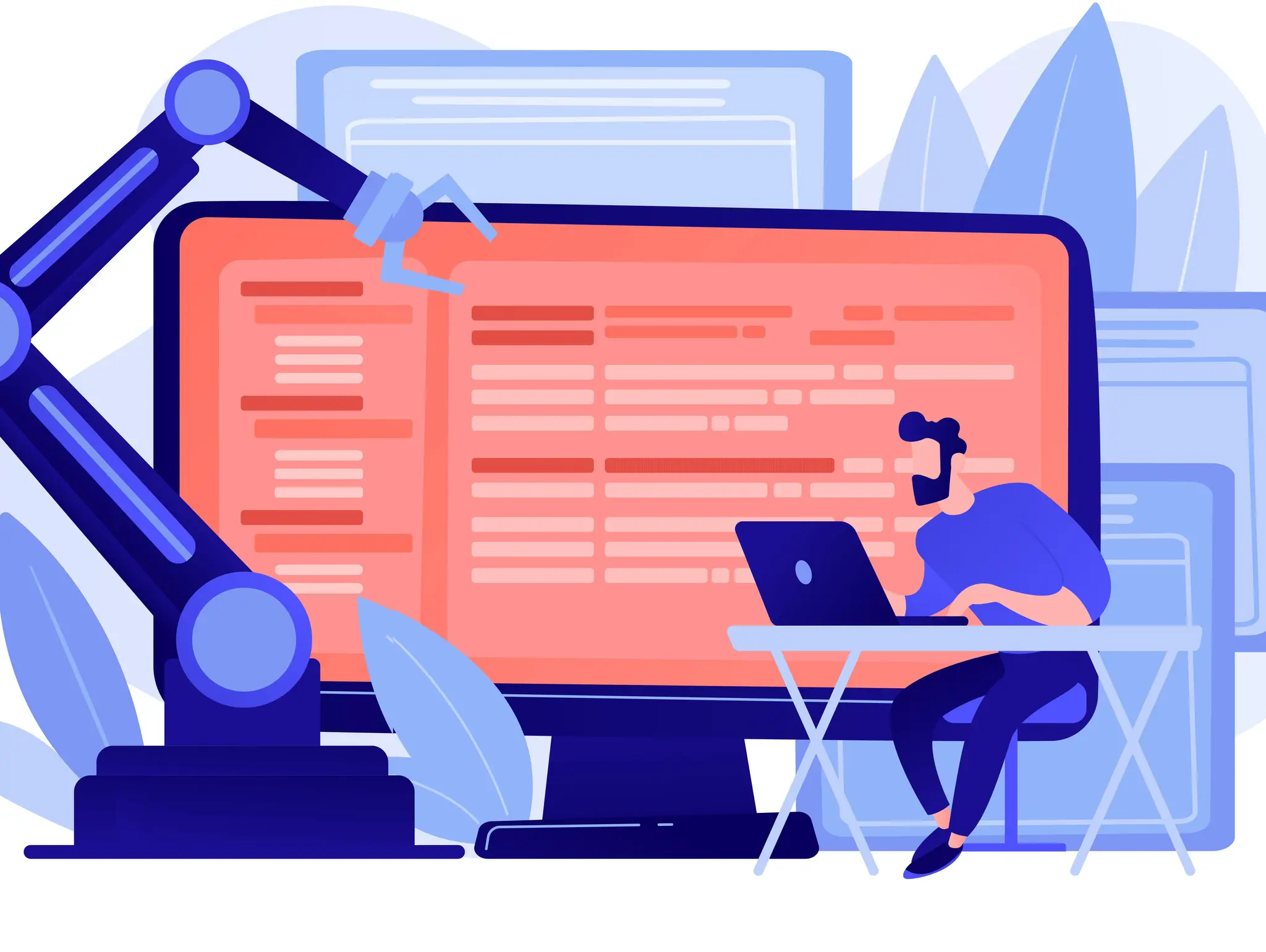
Pharmaceutical companies face plenty of challenges throughout the manufacturing cycle. Automation can be the key to bringing the industry to the forefront of this exciting field
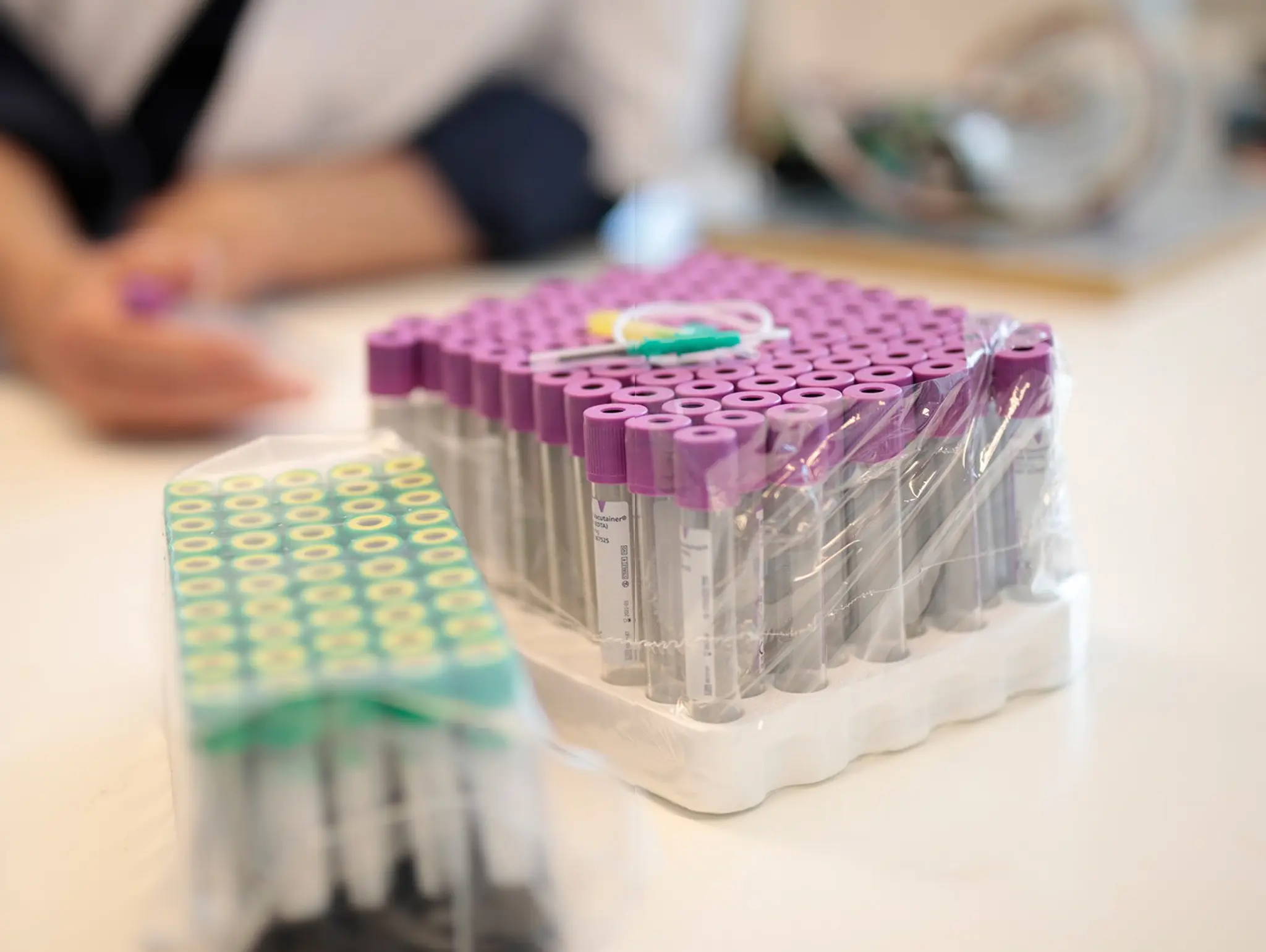
IPT speaks to Toon Overbeeke of Vitestro about the potential benefits of using robots in clinics to draw blood from patients. With a shortage of clinical staff all over Europe, Toon believes robotics is the way forward regarding individual clinical patient care